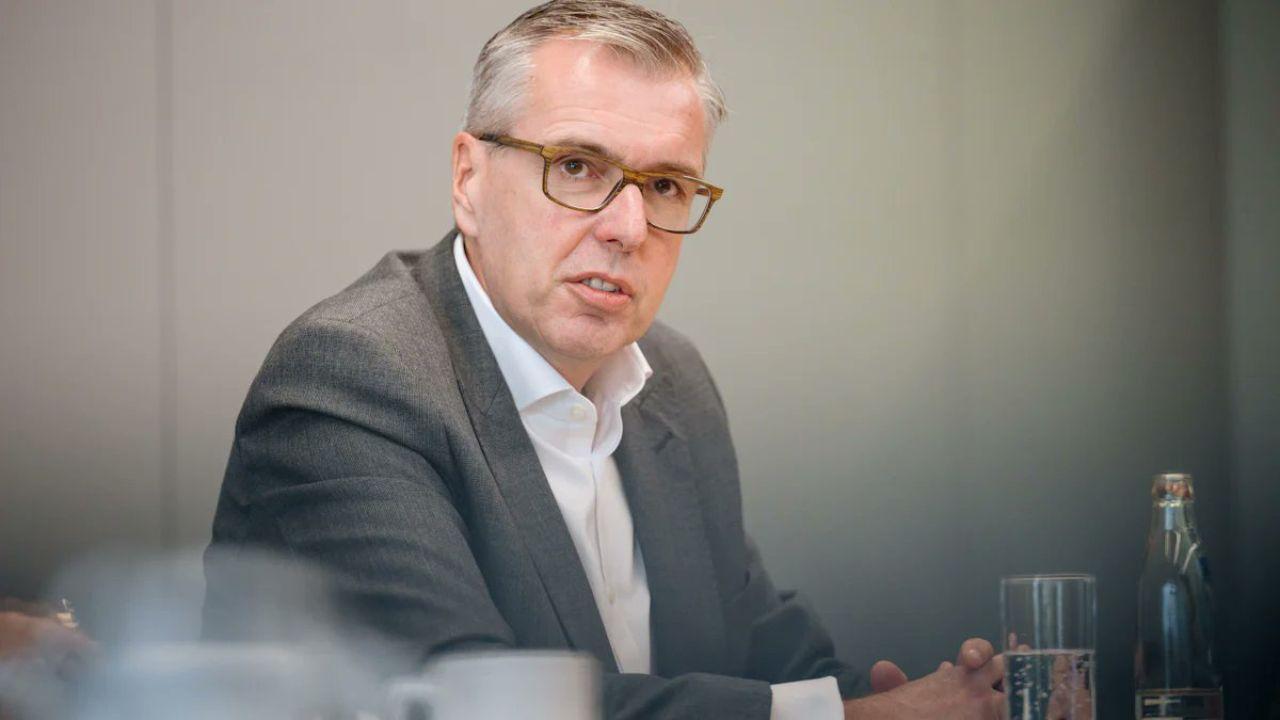
Post by : Avinab Raana
Photo : X / Süddeutsche Zeitung
A Transition at the Top
German auto supplier ZF has confirmed that its current chief executive will step down at the end of the month, marking a pivotal leadership change for one of the world’s largest automotive technology companies. The decision comes at a moment when the global mobility sector is undergoing profound transformation, with pressures mounting from electrification, digitalization, and shifting global supply dynamics.
A Company at the Crossroads
The CEO change is not simply about replacing one executive with another. For ZF, a century-old company known for its strength in driveline and chassis technology, leadership transitions resonate deeply with its strategic direction. Every new leader sets the tone for how the organization will tackle disruption, adapt to trends like autonomous driving, and maintain its competitive edge against rival auto supplier giants.
Why Leadership Matters Now
A leadership shift of this magnitude underscores the urgency facing major suppliers. Global automakers are demanding faster innovation cycles, particularly in software-driven vehicles. At the same time, supply chain resilience, sustainability commitments, and geopolitical uncertainties are rewriting the rulebook for manufacturers. For ZF, the appointment of a new leader is more than symbolic—it is a signal of how the firm intends to face the next decade.
ZF’s Historical Position
Founded in 1915, ZF has grown into one of the most influential auto supplier companies worldwide, with operations spanning continents and clients ranging from traditional automakers to new mobility players. Historically known for mechanical engineering excellence, the company has steadily shifted into electrification, safety systems, and digital mobility. The upcoming CEO transition is therefore being closely watched, as it may define the pace and ambition of ZF’s next phase.
A Competitive Landscape
The auto supplier industry is becoming more consolidated, with mergers, acquisitions, and partnerships shaping the field. ZF has itself been active in this landscape, previously acquiring key players to strengthen its portfolio. Competitors such as Bosch, Continental, and Magna are also doubling down on advanced technologies. Against this backdrop, who leads ZF is as critical as the technologies the company invests in.
Pressures of Electrification
Electrification remains one of the defining challenges for every major auto supplier. For ZF, balancing its legacy mechanical business with future-oriented electric drivetrains requires not only capital but vision. The CEO change places new leadership in charge of steering this balance, deciding how much risk to take in emerging technologies and how to phase out legacy products without disrupting financial stability.
The Role of Sustainability
Beyond electrification, sustainability goals have become central to the strategies of global suppliers. ZF has repeatedly expressed its commitment to reducing emissions across operations and product lifecycles. But executing such pledges requires a leader who can drive innovation while keeping profitability intact. Investors, customers, and policymakers alike will be measuring the new CEO against these ambitions.
Global Uncertainty and Trade
Geopolitical factors, from tariffs to shifting trade agreements, have added to the pressures suppliers face. For a company as international as ZF, navigating these complexities is part of the leadership mandate. The new CEO must anticipate risks, maintain flexibility, and ensure that the company can pivot quickly in response to new trade realities.
Employee and Cultural Impact
A CEO transition also has internal consequences. ZF employs tens of thousands of workers globally, and leadership changes inevitably affect morale, culture, and trust within the organization. Employees look for stability, while also expecting vision and adaptability. The new leader will need to balance continuity with innovation, ensuring that the workforce is aligned with ZF’s evolving strategies.
What Analysts Expect
Market observers typically see such leadership changes as either opportunities or risks. For ZF, the expectations are nuanced. The company is solid financially and technologically, but the pace of industry change means complacency is not an option. Analysts believe the successor must combine deep industry knowledge with an openness to disruptive technologies.
Potential Strategic Shifts
With a CEO change, strategic shifts are inevitable. ZF may sharpen its focus on partnerships in the software space, expand into more electrified systems, or double down on autonomous mobility solutions. Some industry insiders expect the new leader to push harder into digital services, given how critical software has become to vehicles.
Investor and Market Reaction
For investors, leadership transitions raise questions about long-term stability. However, clear communication from the board and a robust succession plan can mitigate uncertainties. If the incoming CEO presents a compelling vision within the first months, ZF could strengthen its market position and investor confidence.
The Human Dimension
Behind every leadership story lies the personal journey of both outgoing and incoming executives. The departure of a CEO often carries emotional weight, especially in companies with long traditions like ZF. The incoming leader inherits not only financial responsibilities but also the task of preserving trust among employees, partners, and clients.
Global Reach of the Decision
Given ZF’s extensive operations across Europe, North America, Asia, and beyond, the leadership change has global implications. Automakers and suppliers in multiple regions will be closely watching how the transition unfolds, as it could shape future collaborations, contracts, and investments.
Preparing for the Future
The automotive industry is arguably facing its most disruptive decade in over a century. For ZF, adapting to these changes requires not only technology but foresight. The upcoming CEO transition symbolizes the company’s readiness to confront this disruption head-on, with new leadership charged with guiding ZF into a rapidly evolving landscape.
A Symbolic Shift
While many CEO transitions may seem routine, in this case, the timing makes it symbolic. It reflects an acknowledgment that the challenges ahead demand fresh leadership and perhaps a different mindset. The change represents both continuity with ZF’s proud history and a departure toward an uncertain but opportunity-rich future.
As the month comes to an end, ZF prepares to welcome a new leader at the helm. For employees, customers, and competitors, this transition signals more than just a change in office—it represents the company’s evolving response to one of the most challenging eras in automotive history. The next CEO’s leadership will be judged not only by profitability but by how successfully ZF navigates electrification, sustainability, and global competition.
ZF, CEO change, Auto supplier

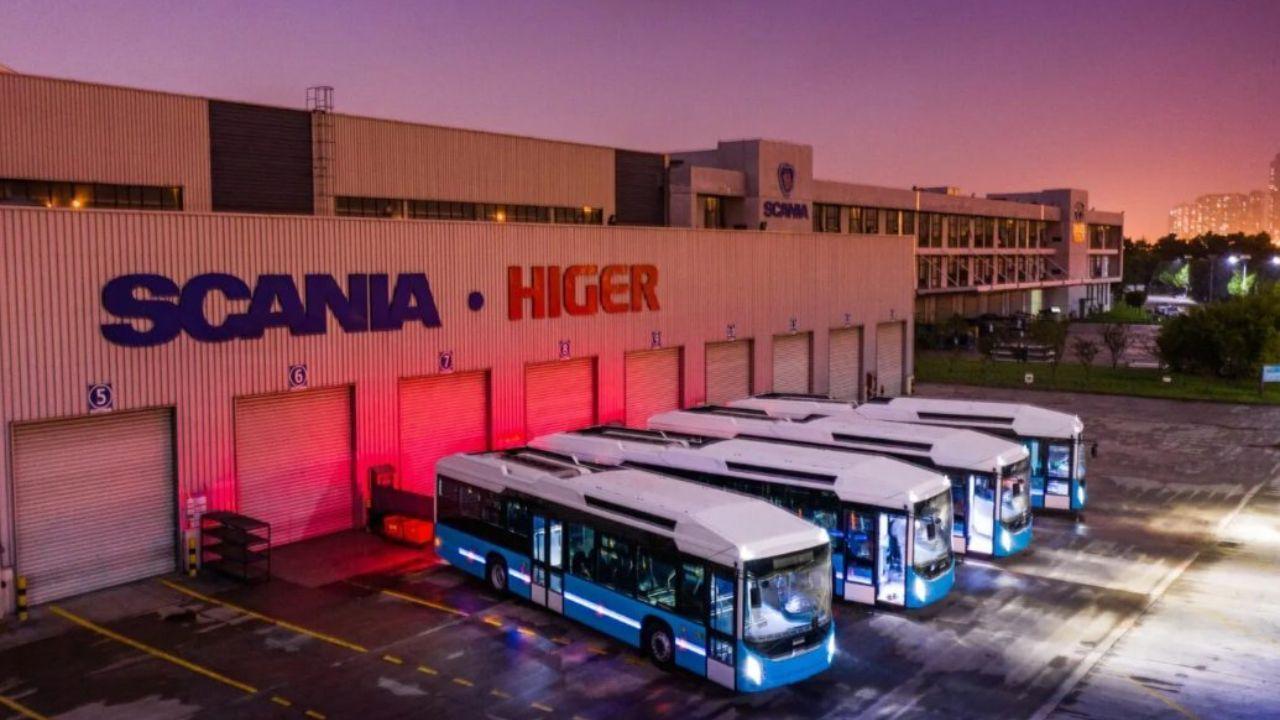
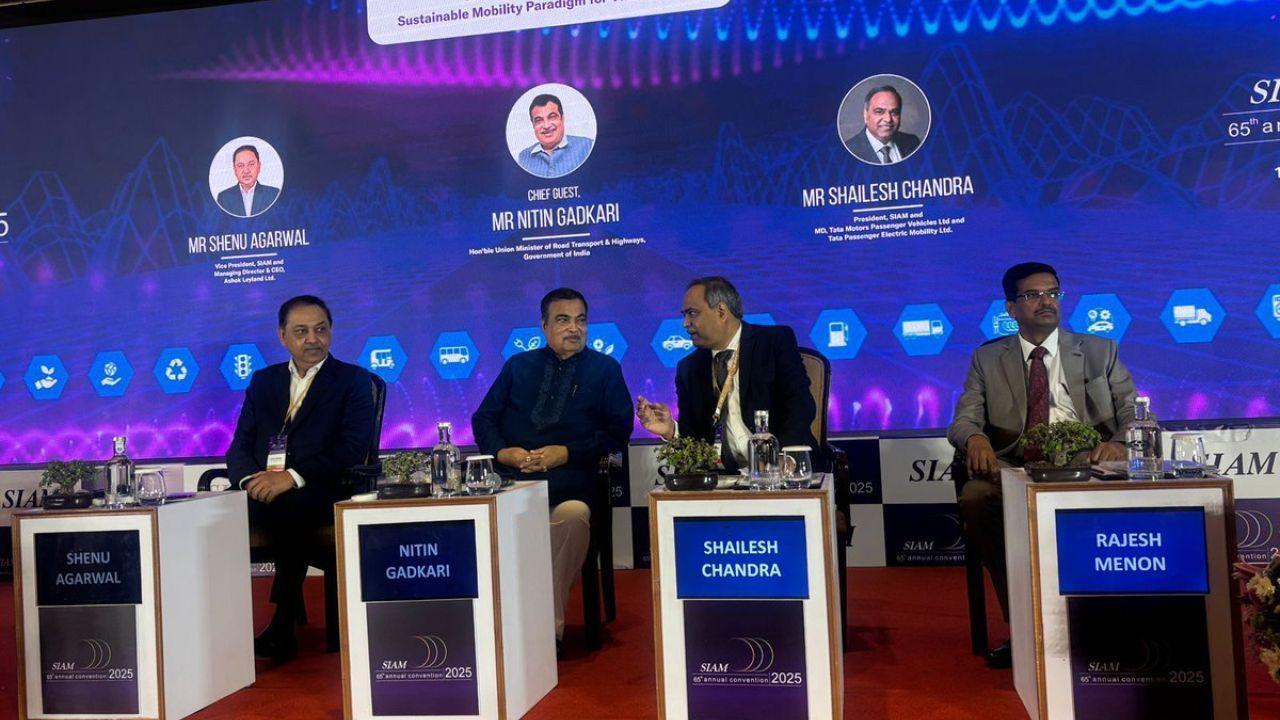

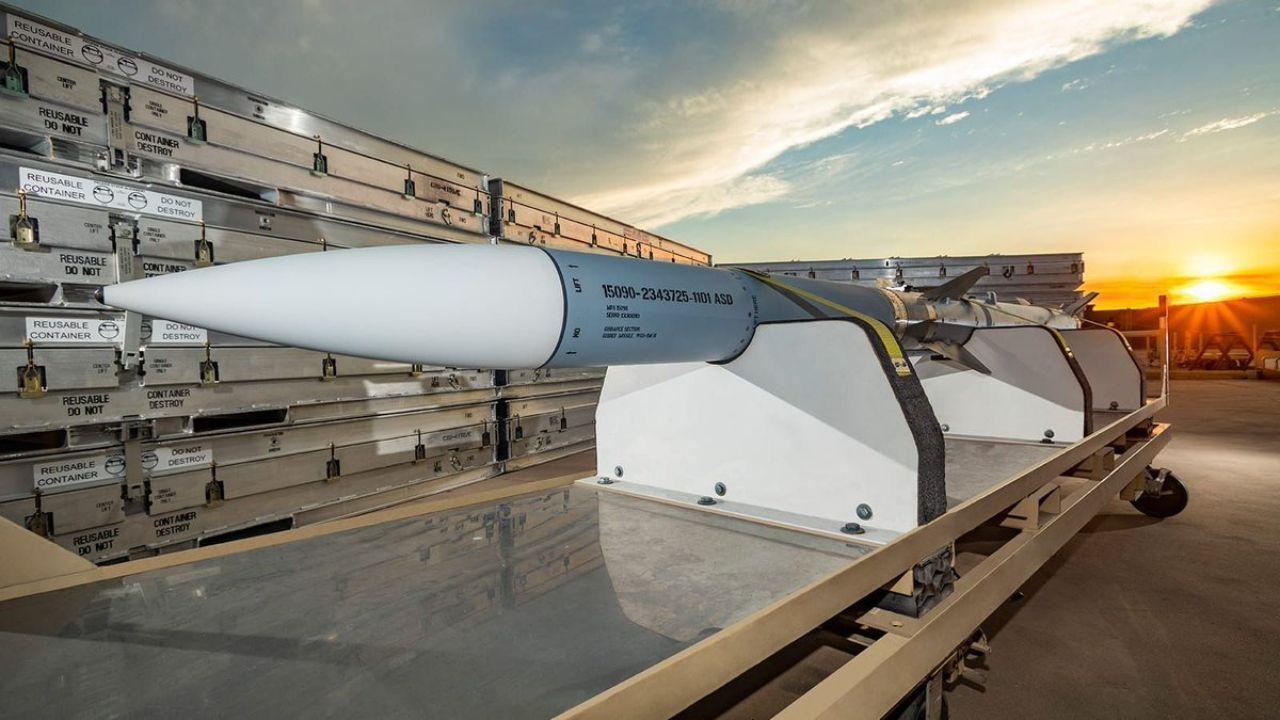




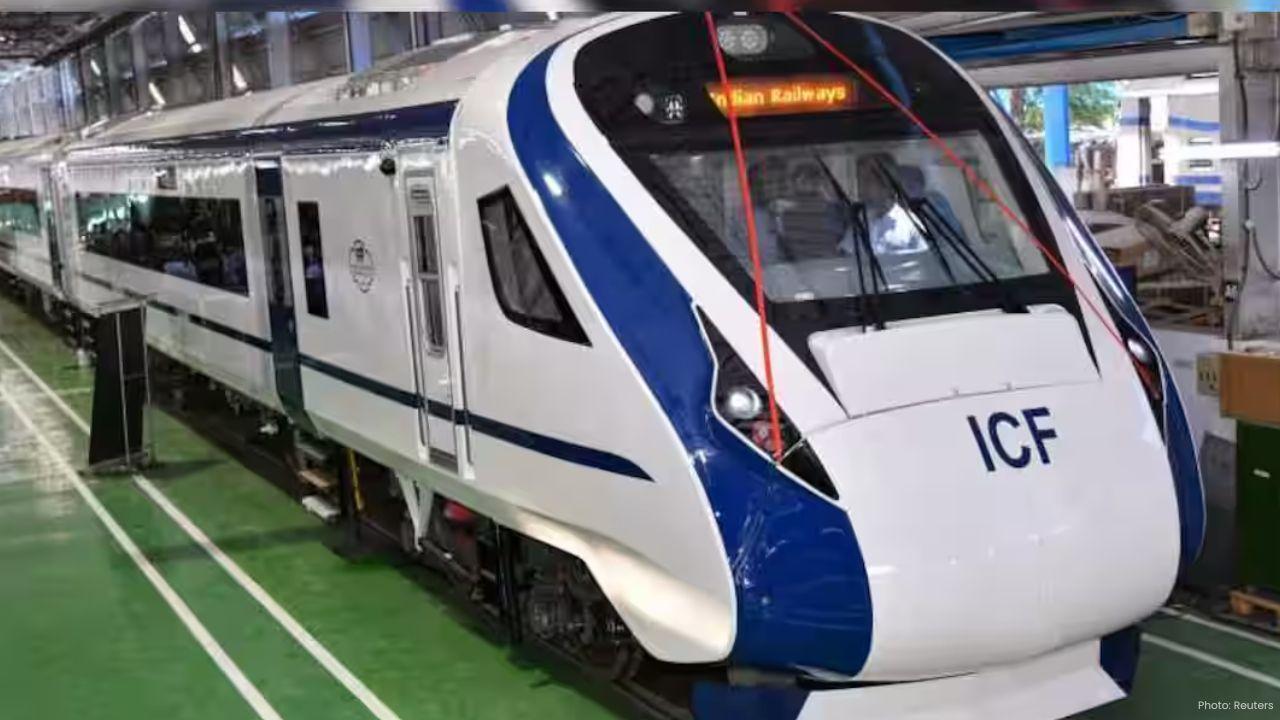
Vande Bharat Passenger’s Spitting Incident Sparks Nationwide Debate
A passenger spitting on the Vande Bharat Express floor sparks online debate on civic sense cleanline

OnTrac Introduces Ground Essentials Service for Affordable and Reliable Shipping
OnTrac launches Ground Essentials a new service offering cost-effective parcel delivery with up to 3

Breeze Airways Earns Five-Star Status as North America's Top Airline
Breeze Airways achieves a five-star rating marking it as North America's leading major airline for 2

Royal Enfield Cuts Prices on 350cc Bikes After GST Rate Reduction
Royal Enfield reduces prices on 350cc motorcycles from September 22, 2025, following GST rate cuts,

Viva ACP Boosts Bus Safety with Strong Lightweight Aluminium Panels
Viva ACP’s panels make buses safer lighter and stronger—saving energy and protecting passengers with

Steelpaint’s Stelcatec Coating Gets UK Rail Approval
Steelpaint’s Stelcatec coating approved by UK Network Rail for durable, fast, and effective protecti